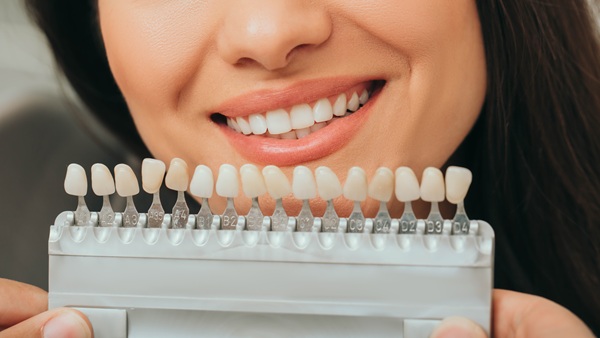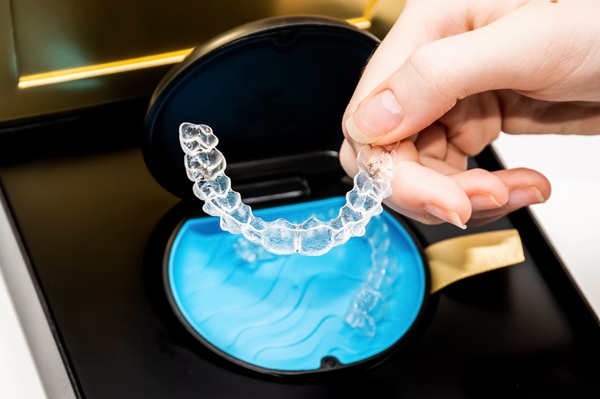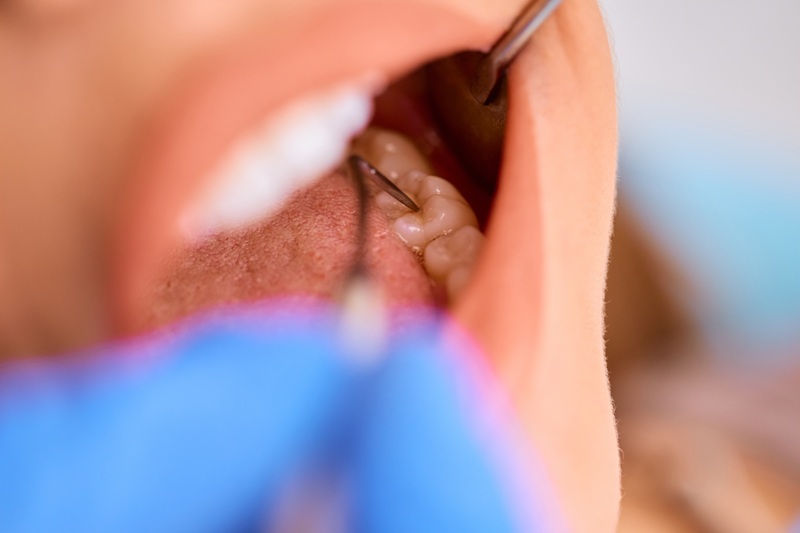One universal experience almost everyone goes through at some point in their lives is stress.
While most people know that stress can affect their body, causing headaches, poor sleep, or even stomach issues, fewer realise the effects of stress on oral health.
So, does stress affect teeth and gums? The answer is yes. Stress doesn’t just stay in your mind; it can show up in your mouth, sometimes in ways you don’t expect. From jaw pain to gum problems, stress and oral health are more connected than many people think.
If you’ve been feeling stressed lately and noticed changes in your teeth or gums, here’s a rundown of its correlation and what you can do about it.
Let’s begin!
Why Does Stress Affect Teeth and Gums?
Your body responds to stress by releasing hormones such as cortisol. While this response is normal, too much stress over time can lower your body’s ability to fight off problems, including those in your mouth.
When you’re stressed, you might also pick up habits like teeth grinding, nail-biting, or skipping proper oral care, which can all harm your dental health. This is why dentists often see a link between stress and oral health.
Common Effects of Stress on Oral Health
1. Teeth Grinding and Clenching
One of the clearest ways stress affects your teeth is through grinding or clenching, also known as bruxism. Many people do this unconsciously at night or even during the day. Over time, this habit can:
- Wear down tooth enamel
- Cause chipped or cracked teeth
- Lead to jaw pain and headaches
If you often wake up with a sore jaw or sensitive teeth, stress-related grinding may be the cause.
2. Jaw Pain and TMJ Problems
Stress can make the muscles in your jaw tighten. This sometimes leads to problems with the temporomandibular joint (TMJ), the hinge that connects your jaw to your skull. Symptoms may include:
- Clicking or popping sounds when opening your mouth
- Difficulty chewing
- Pain around your jaw, neck, or even ears
3. Gum Disease Risk
Does stress affect teeth and gums? Yes, because stress weakens your immune system. When your body is less able to fight off infections, gum disease (gingivitis and periodontitis) is more likely to develop. Signs to look out for include:
- Red, swollen gums
- Bleeding when brushing or flossing
- Bad breath that doesn’t go away
4. Mouth Sores and Ulcers
Stress can also trigger mouth ulcers or canker sores. These small, painful spots often appear on the inside of your cheeks, lips, or tongue. While they usually heal on their own, they can make eating and talking uncomfortable.
5. Dry Mouth
Another effect of stress on oral health is dry mouth. Stress can affect saliva production, leaving your mouth dry. A dry mouth not only feels uncomfortable but also increases your risk of tooth decay and bad breath, since saliva helps protect your teeth.
How to Protect Your Teeth and Gums from Stress
The good news is that while stress can take a toll on your oral health, there are steps you can take to protect your teeth and gums.
1. Manage Stress Levels
Finding ways to relax and reduce stress is important. Some helpful techniques include:
- Deep breathing or meditation
- Regular exercise
- Talking to a friend or professional about what’s on your mind
- Taking short breaks during the day
Even small changes in your daily routine can make a difference.
2. Keep Up with Oral Hygiene
It can be easy to skip brushing or flossing when you’re tired or stressed, but these habits are more important than ever. Brushing twice a day and flossing once a day helps prevent plaque build-up, cavities, and gum disease.
3. Protect Your Teeth from Grinding
If you grind your teeth at night, ask your dentist about a night guard. This is a custom-made device you wear while sleeping to protect your teeth from damage.
4. Eat a Balanced Diet
Stress sometimes leads to cravings for sugary snacks or drinks, which can harm your teeth. Try to stick to a balanced diet with fruits, vegetables, and water to support both your body and your oral health.
5. Visit Your Dentist Regularly
Your dentist can spot early signs of stress-related issues like grinding, jaw pain, or gum problems. Regular check-ups give you the best chance to treat problems early before they get worse.
When to See a Dentist
If you notice ongoing issues like jaw pain, frequent mouth ulcers, bleeding gums, or sensitivity in your teeth, don’t wait. These may be signs that stress is impacting your oral health more than you realise. Seeing a dentist can help identify the problem and give you treatment options to feel better.
Take Care of Your Oral Health Today
Stress doesn’t just affect your mind, it can also leave its mark on your teeth and gums. From grinding and jaw pain to gum disease and dry mouth, the effects of stress on oral health are real and worth paying attention to.
If you’ve been asking yourself, “does stress affect teeth and gums?” The answer is yes. The good news? With the right care, you can protect your smile.
At Bellevue Hill Dental, we can help you manage the oral health effects of stress and keep your teeth and gums healthy. Book an appointment with us today and take the first step toward a healthier, stress-free smile.



